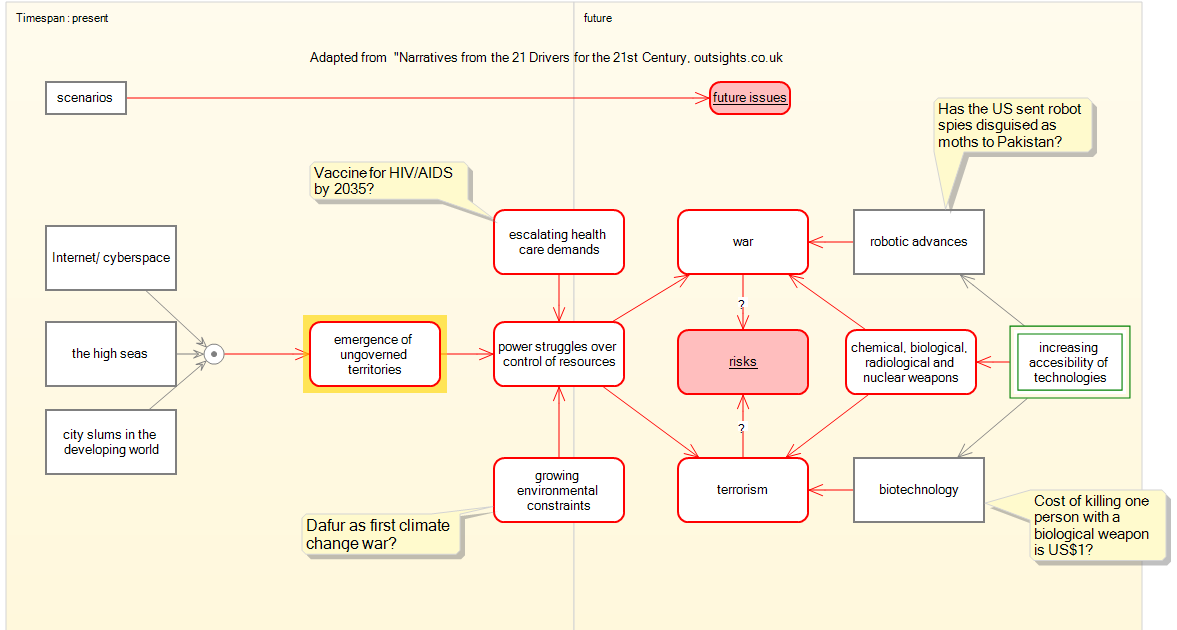

In the signing of the Treaty of Westphalia, which consolidated the end of the dispute, the observance of the right to religious freedom and nonintervention in the internal affairs of other states gave rise to the concept of sovereignty – which was central to the structuring of the nation-state system. In International Relations, the nation-state system was itself the result of a conflict, the Thirty Years’ War (1618–1648). Still, the agreement is exclusively about the simultaneously creative and destructive role of war, and not about its origins, mechanisms, or effects. Historically, being a result of the encounter between different people, war has been an international institution and has helped to consolidate practices and expectations.

However, in International Relations, there is something that comes close to maximum convergence: the statement that war has played a central role in the formation, expansion, and maintenance of the international order. In its subfields, it is also impossible to state precisely that a certain subject or concept is accepted by everyone. In the humanities, stating that something is consensual is in itself a contradiction to the idea of dynamism and subjectivity that this field presents as one of its main characteristics.


 0 kommentar(er)
0 kommentar(er)
